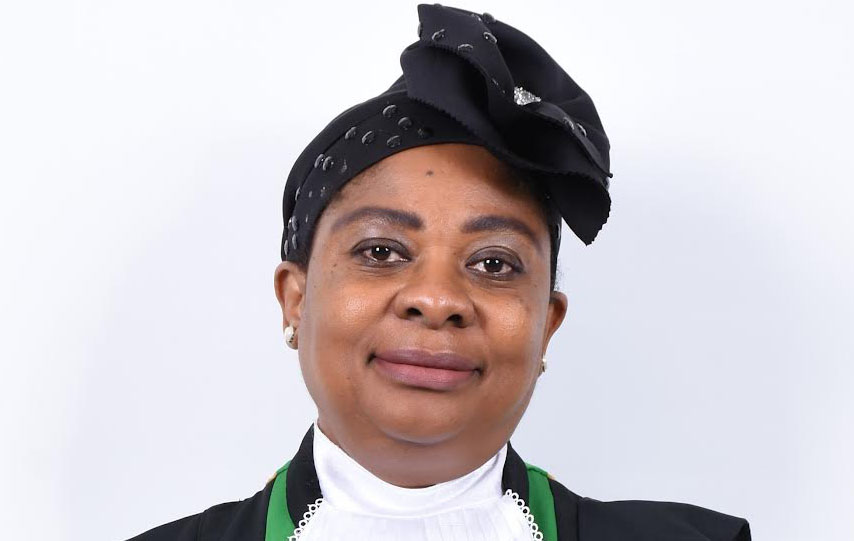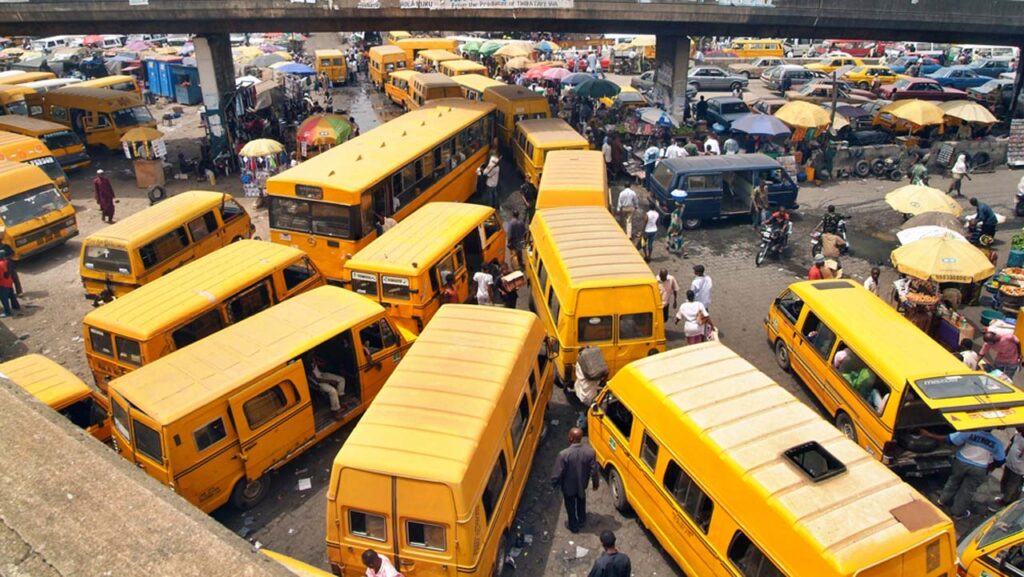
.Nigeria’s Justice Anukam completes first term
African Human Rights Mechanisms Nomination and Selection Initiative, also known as the Arusha Initiative, has launched a campaign in search of experts to fill vacant positions in the upcoming elections into the African Court on Human and Peoples’ Rights.
Arusha Initiative is jointly convened by the Coalition for an Effective African Court, Centre for Human Rights, Pretoria University, South Africa and Pan African Lawyers Union.
Others are Network of National Human Rights Institutions, Initiative for Strategic Litigation in Africa, Centre for Rights Education and Awareness as well as Robert F. Kennedy Human Rights Organisation.
The group said its goal was to promote human rights by supporting state parties in the nomination and selection of members of human rights mechanisms in Africa.
By doing so, the Initiative said it would be contributing to greater effectiveness, independence and impact of the mechanisms.
Co-chair of the Initiative, Ikechukwu Uzoma in a joint statement with Sophia Ebby, Tanzania, said the campaign will help in facilitating the nomination process by identifying individuals who meet the criteria for serving in the African Court.
Among those about to complete their first term of six years and are eligible for reelection in July include Nigeria’s Justice Stella I. Anukam and Justice Blaise Tchikaya of the Republic of Congo.
“In the course of her first tenure, Justice Anukam distinguished herself through hard work and commitment to service.
“Nigeria does not nurse any fear that she would be reelected”, said a rights activist and lawyer, Chief Festus Oguche.
Given the current geographical composition of the Court, nominations are opened to candidates from East Africa, West Africa and Central Africa.
The African Human Rights System comprises three mechanisms, including African Commission on Human and Peoples’ Rights, African Court on Human and Peoples’ Rights and African Committee of Experts on the Rights and Welfare of the Child.
Each mechanism consists of 11 members nominated by African States and elected by the Executive Council of the African Union.

Justice Blaise Tchikaya (Congo)
“By July, there are three upcoming vacancies at the African Court that need to be filled. Justice Ben Kioko of Kenya would be completing his second term and should be replaced by a male judge from East Africa.
“Also, Justice Blaise Tchikaya of the Republic of Congo and Justice Stella I. Anukam of Nigeria are ending their first terms and are eligible for reelection to another six-year term.
“State Parties to the Court Protocol may however nominate other candidates for these two positions – a male from the Central African region and a female from the West African region.”
Arusha Initiative held that candidates for the vacant positions must be individuals of high moral character with recognised expertise in human and people’s rights.
“Such candidates must have practical, judicial or academic competence in human rights and be independent of political, diplomatic or administrative functions in their countries.
“The AU Office of the Legal Counsel will soon call for nominations from State Parties in the three regions. In anticipation of the nomination process, this campaign intends to identify qualified experts and share a database of those experts with states for their consideration during the nomination process,” the group said.
Speaking about the group, Oguche noted that while the judges are elected by the Executive Council of the Ministers of the Union and appointed by the Assembly of Heads of State and Government, they could also be instituted by the Assembly to ensure that credible persons get on board as judges of the Court.
“If the term of the initiative is to pursue the agenda of strengthening its judicial composition, then it must be encouraged and at all costs, but if it is essentially meant to make recommendations for appointment based on political considerations as different from merit, then we might say that the future of the court is gloomy.
“I would say that if any initiative on the Arusha court is necessary at this point, it is basically to strengthen it from its dwindling state of weaknesses and insuperable circumstances that have rendered the Court less efficient in the prosecution of its judicial mandate.
“Most important is the denial of access to the court by member states that declined to make the requisite Declaration under Article 34(6) of the Protocol. This has created formidable barriers to the Court’s dispensation of its human rights mandate as contemplated by the African Charter on Human and Peoples’ Rights.
“A proper advocacy requiring this form of initiative should have centered on getting the member states to expunge Article 34(6) from the Protocol.”
Another aspect, he said, is also getting the member States to respect and abide by the decisions of the court.
According to him, the case law of the Court has grown appreciably, side by side with its jurisprudence but unfortunately, there is unending disobedience of the Court’s decisions by member states.
The jurisprudence of the Court and its principles, he said, are never applied in domestic courts and this brings to question the worth, value and efficacy of the Court’s decisions.
Oguche also condemned the penchant of some member countries to withdraw their declaration whenever the decision of the Court goes against them.












